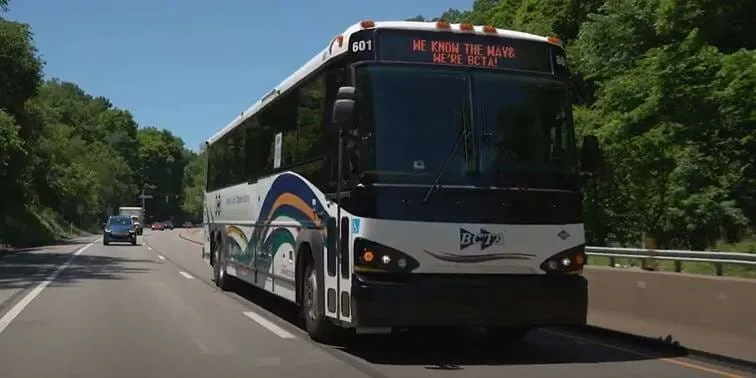The technology business group is carrying out the project in support of an agreement between Spanish transport operator Alsa and local firm Citybus Transport to manage Rabat’s urban transport system.
GMV says its advanced fleet management system will allow the whole service to be managed and monitored based on vehicle positioning information. The fleet’s movements will be constantly displayed on the control centre’s operating posts while communication with drivers will be maintained by voice and text messages.
Bus stop arrival times - calculated by the control centre - will be passed on to the bus stop information panels. Drivers will be informed of any early- or late-running buses, allowing them to adjust the service.
The ticketing system allows users to validate and top up contactless fare cards on board via GMV’s ETC-606i-8 console. Users can also top up fare cards online or via smartphone apps. In addition, automatic vending machines will be installed at 20 attended points of sale throughout the city.
As part of the deal, a passenger information system will provide real-time information on estimated passing times at the main bus stops, with an additional 120 LED-type panels. GMV will also develop a set of web services to enable users to check the data as well as schedules and bus routes on the website or smartphones.
GMV to modernise Rabat’s bus transit system
GMV is to provide fare collection, fleet management and passenger information systems for 350 buses operating in Morocco’s capital Rabat.
The technology business group is carrying out the project in support of an agreement between Spanish transport operator Alsa and local firm Citybus Transport to manage Rabat’s urban transport system.
GMV says its advanced fleet management system will allow the whole service to be managed and monitored based on vehicle positioning information. The fleet’s movements will
July 17, 2019
Read time: 2 mins








